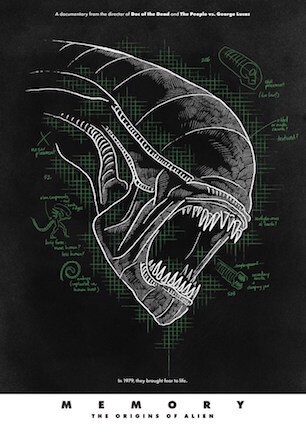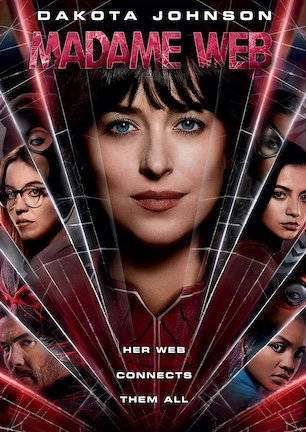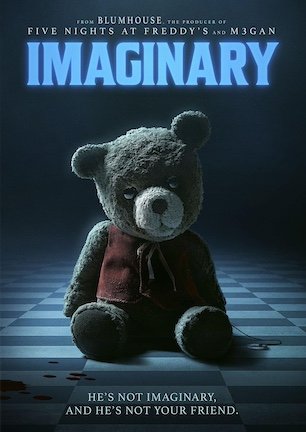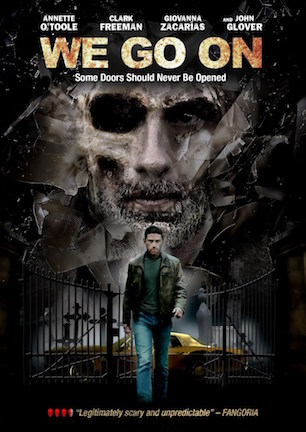Studio: Screen Media
Director: Alexandre O. Philippe
Writer: Alexandre O. Philippe
Producer: Kerry Deignan Roy
Stars: Axelle Carolyn, Veronica Cartwright, Roger Corman, William Linn, Ben Mankiewicz, Adam Egypt Mortimer, Ian Nathan, Diane O’Bannon, Ronald Shusett, Tom Skerritt
Review Score:
Summary:
Actors, scholars, filmmakers, and family analyze the influences that led to the creation of Ridley Scott and Dan O’Bannon’s “Alien.”
Review:
It seems like an unrewarding prospect to profile an iconic motion picture when none of that movie’s key creative contributors are available to participate. I can only assume she was asked to, but “Alien” star Sigourney Weaver doesn’t appear in Alexandre O. Philippe’s documentary “Memory: The Origins of Alien.” Aside from brief archival footage, neither does director Ridley Scott. Screenwriter Dan O’Bannon died in 2009. Legendary artist and xenomorph designer H.R. Giger passed in 2014.
“Memory” instead turns to several “next best things” to create credibility. Featured interviewees include O’Bannon’s widow Diane, Giger’s widow Carmen, “Alien” producer Ronald Shusett, art director Roger Christian, actors Tom Skerritt and Veronica Cartwright, and others of similar stature. The documentary continues boosting clout with scholars whose indirect insights frame the 1979 classic with enlightening eyes on Greek mythology, historical imperialism, even reflections of the era’s socioeconomic climate.
“Memory” fills in more gaps with people whose only notable association appears to be being an acquaintance of filmmaker Philippe, or some ancillary name in horror’s social scene. The movie often doesn’t identify who is speaking over snapshots of early sketches, script pages, vintage photos, and film clips. Disembodied voices effectively become narrators as opposed to true talking head personalities, highlighting how much importance “Memory” places on the substance of what is being said, never mind whose mouth those words come from.
With so much material structured from recollections of people who weren’t even around during “Alien’s” inception, you might not believe a documentary formed in this fashion could be completely compelling. Except it is. The movie comes to rely on firsthand accounts infrequently as its focus sharpens. “Memory” decides, correctly in light of the ideas it ultimately explores, that the most critical context should come from perspectives that assumed ownership of “Alien” after it passed from its founders to its audience.
For its first half, the film sufficiently and succinctly covers the bases of how “Alien” gestated in Dan O’Bannon’s imagination. The time tunnel of factors that went into seeding O’Bannon’s script essentially establishes that “Alien” not only isn’t an original concept, but umpteen comics and sci-fi cinema classics could file a class action lawsuit for blatant plagiarism.
Even though the film similarly examines what preexisting works floated as motes in H.R. Giger’s artistic eye too, “Memory” doesn’t do the work of a traditional “Making Of” piece any more than required for a basic vocabulary to take shape. I’ve seen stubborn complaints argue “what about this” and “what about that,” yet “Memory” never deigns to be a behind-the-scenes breakdown at all. More than a mere anecdotal retrospective, “Memory” writes an audiovisual essay regarding the impact and influence both on and of O’Bannon’s story, Giger’s biomechanical monstrosities, and Ridley Scott’s unifying vision.
More often than not, I find academic interpretations of idolized pop culture pieces to be outright malarkey. I still snicker when I think of a college professor who forced preposterous parallels into “Silence of the Lambs,” like suggesting the hidden well in Buffalo Bill’s home intentionally symbolizes a vagina.
But the people populating “Memory,” even those who are arguably questionable inclusions, come backed by convincing convictions. Some stray musings aren’t as strong as others, such as one Texas A&M professor stretching a line between “Alien” and serial killers like Bundy and Gacy. But intriguing metaphors identifying working class characterizations and male rape mold your mind to appreciate “Alien” under bold new lights not commonly considered.
The documentary’s most egregious instances of overly arty pretention aren’t in content so much as presentation. One such scene is the confounding opening featuring Greek Furies, whose appearance doesn’t become any more necessary even after their purpose is revealed later in the film. Chalk this up as a rare outlier. Once the film fully finds its thematic footing, it no longer sees fit to fill up on fluff.
If clinical interviews and colorful nostalgia strike your fancy, home video featurettes can provide that kind of supplemental material. “Memory: The Origins of Alien” takes a more precision approach to looking at a specific slice of “Alien,” with particular attention paid to the famous chestburster sequence. The breakdown isn’t as meticulous as Philippe’s pinpointed “Psycho” dissection in “78/52: Hitchcock’s Shower Scene” (review here). But Philippe’s uniquely thoughtful framing elevates “Memory” beyond being a mere Blu-ray extra, provided your open mind remains interested in poking at the insides of the egg.
Review Score: 80







If you want to see impossible amounts of blood explode crimson colors like the world’s worst version of a gender reveal, well, “Abigail” at least has that.